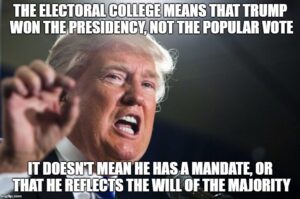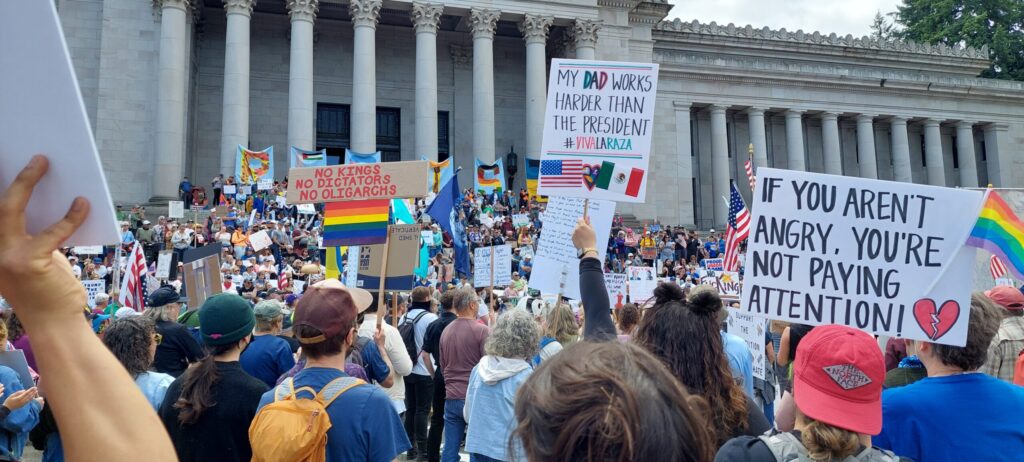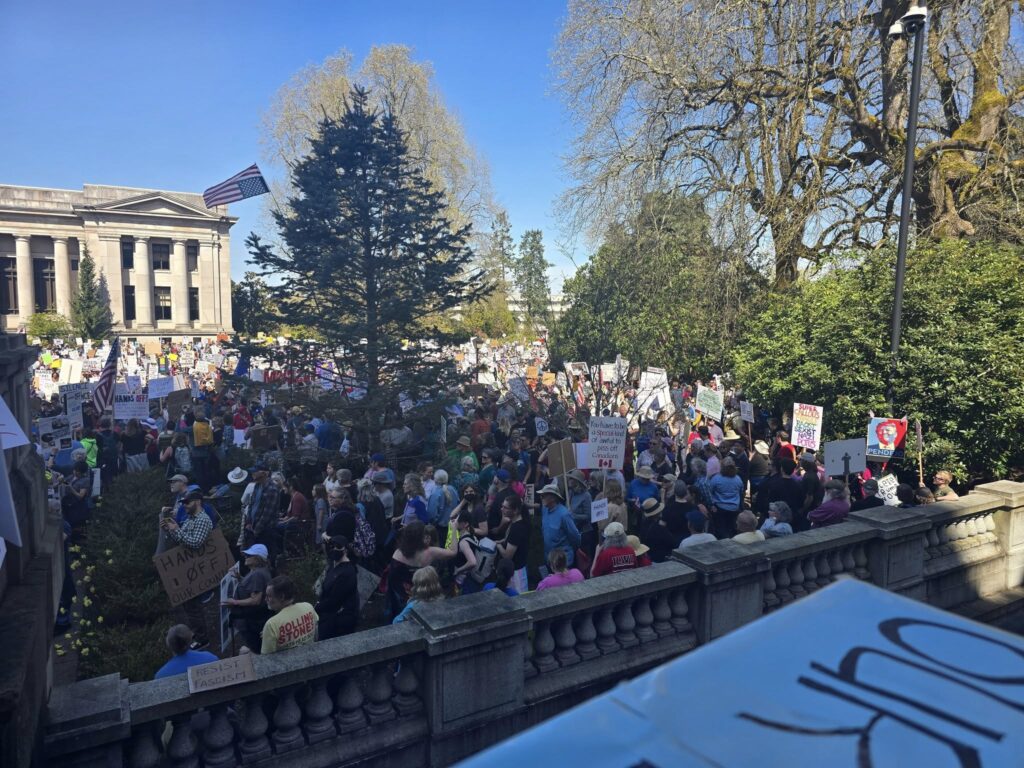Table of Contents
When we talk about the system of the Electoral College in the United States, we often hear about its quirks, its role in “winner‐take‐all” states, or how the popular vote winner doesn’t always become president. But what is much less discussed is how deeply intertwined the Electoral College is with slavery, elite power, and the subversion of one‐person, one‐vote democracy.
The Roots: Slavery and the Three‐Fifths Compromise
Founded in 1787 at the Constitutional Convention in Philadelphia, the Electoral College did not emerge out of a purely democratic or even rational design. According to historians, one of its primary functions was to satisfy the demands of the slave‐holding states, who were determined not to be dominated by states whose free white populations exceeded theirs. HISTORY PBS
Southern delegates knew a direct national vote would disadvantage them because the enslaved people who formed a huge portion of their population could not vote. As legal scholar Akhil Reed Amar explained, “the more slaves Virginia (or any other slave state) bought or bred, the more electoral votes it would receive.”

The infamous “three‐fifths clause” counted each enslaved person as three‐fifths of a person for purposes of representation and thus for apportioning electors. This meant that states with large enslaved populations gained inflated influence in the Electoral College. For example, Virginia secured 12 of the 46 electoral votes needed to win the presidency in its first contest.
The Electoral College was created to amplify the political power of the white, slave‐owner elite, while ensuring that “voter” power from free white citizens of other states would not entirely outmatch them. Brennan Center for Justice
Why the Electoral College Still Persists
If the Electoral College is rooted in such an undemocratic, morally stained logic, why hasn’t it been abolished or replaced? Here are three key reasons:
1. Power entrenched in privilege.
The system benefits states and political actors who can command disproportionate influence even when they are numerically or demographically weaker. The structure locks in advantages for certain states, elites, and parties. Reformers face steep structural resistance because those in power know that the status quo serves them.
2. Institutional inertia and constitutional difficulty.
Amending the Constitution to eliminate the Electoral College would require two-thirds of both houses of Congress and ratification by three‐quarters of the states. Many states benefit from the current arrangement, so they have little incentive to change it. Consequently, despite more than 700 proposed amendments over the years, the system remains unchanged. Smithsonian Magazine
3. A broader culture of subversion and minority rule.
The Electoral College is just one mechanism that allows a minority (or a coalition of minority interests) to override or subvert the majority’s will. This is no accident. It was built that way. From its origins, privileging slave‐holders, to modern examples where the popular vote winner loses the presidency, the system enables elites to maintain control at the expense of democratic equality. PBS
What This Means for Democracy
In a true democracy, each person’s vote counts equally, and the majority’s will governs. The Electoral College, by design and by outcome, undercuts that principle. The root of the Electoral College in slavery is a living legacy of skewed political power.
Because the system is so deeply embedded in the constitutional framework, and because it continues to benefit those with institutional power, it will never be eliminated through gradual reform alone. Unless there is a mass movement that recognizes how elite power is actionably protected by mechanisms like the Electoral College the system persists.
For a model like the People’s Republic of Cascadia that champions genuine democracy, grassroots control, and egalitarian representation, the Electoral College is a case study in how systems created to sustain minority rule morph into entrenched features of a supposedly democratic republic.
The Takeaway
- The Electoral College was created to support slavery and elite power.
- Its structure continues to reinforce unequal representation and the subversion of the majority’s will.
- Its elimination is blocked by the very beneficiaries of the system.
- As long as power remains in the hands of the few, the people will remain disenfranchised.
In our struggle for democratic renewal and liberation from elite domination, understanding the true roots of the Electoral College is essential. Only with awareness can we challenge and change the system from its very foundation. Is it impossible to eliminate the Electoral College? No. But can it be changed? Not as long as the elite in power continue to benefit from it.
Love Cascadia? So do we! Like, comment, and connect with your community, then catch all our videos on YouTube: https://www.youtube.com/@republicofcascadia
You can also subscribe to our monthly newsletter using the button below!


